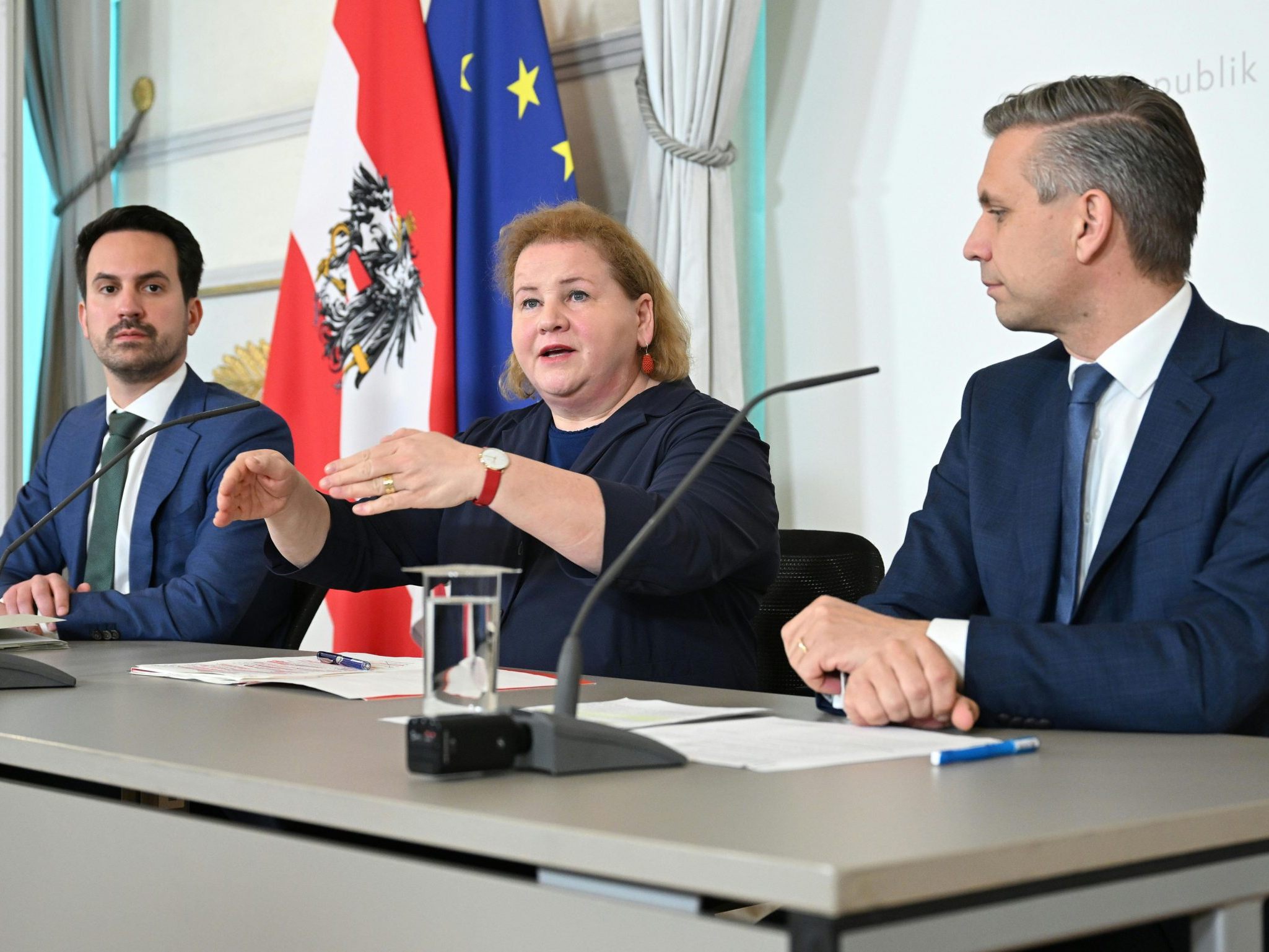Continuing Education Time Replaces Educational Leave: What Changes in 2026

The educational leave will be replaced by a training period starting next year. This is primarily aimed at individuals with low formal education. This will be achieved with an increased minimum compensation. Additionally, there will be increased performance requirements for university training. A maximum of 150 million euros is budgeted for the training period.
Training Period No Longer Possible Directly After Parental Leave
A large part of the costs for the educational leave, which recently amounted to 650 million per year, was made up of individuals who connected this subsidized training directly to parental leave. This option will no longer be available, as Social Minister Korinna Schumann (SPÖ) announced in the press foyer after the Council of Ministers. In the future, there must be at least 26 weeks of employment subject to unemployment insurance in between.
The prerequisite for starting the training period is also that one has been employed with the respective employer for a year or twelve months during the two years before starting. There is still no age limit.
If you are training outside your previous field of activity, prior consultation is mandatory. Additionally, the goals of the training should be documented.
If you want to pursue university training, you must still complete 20 hours per week. However, further clarifications, yet to be defined, should ensure that these are completed as much as possible in person. If there are caregiving responsibilities, only 16 hours per week are required. The required ECTS points are also 20, or 16 with caregiving responsibilities. Previously, only eight points had to be proven.
The focus is generally on "seminar-style educational events in face-to-face or live online format," which increases attendance obligations. After completing the training, a certificate of participation must be presented. If this cannot be proven, the training allowance may be reclaimed.
Increased Financial Support
Social Minister Schumann justified the reform by stating that the old model introduced in 1998 was no longer up-to-date. Those who will particularly benefit are individuals with lower formal education. Therefore, the minimum level of support is set to significantly increase to 32 euros/day.
Economics Minister Wolfgang Hattmannsdorfer (ÖVP) added that educational leave has increasingly become a "time-out model." Now there is an offer to the economy to specifically qualify employees and for workers to achieve higher income through higher qualifications. Support also came from Education Minister Christoph Wiederkehr (NEOS). He also spoke of a win-win situation for both sides at the press foyer. The Deputy Secretary General of the Chamber of Commerce, Mariana Kühnel, stated in a release that the redesign could be a stepping stone to a better-qualified job, especially for those with lower qualifications.
Transition Period Planned Until New Regulation
The old educational leave expired at the end of March. However, there are still cases during a transition period. It was accepted if the agreement was concluded by the end of February and the educational measure begins by May 31 at the latest.
The new further education period is to be legally drafted by the summer. It will come into effect in 2026.
(APA/Red)
This article has been automatically translated, read the original article here.





